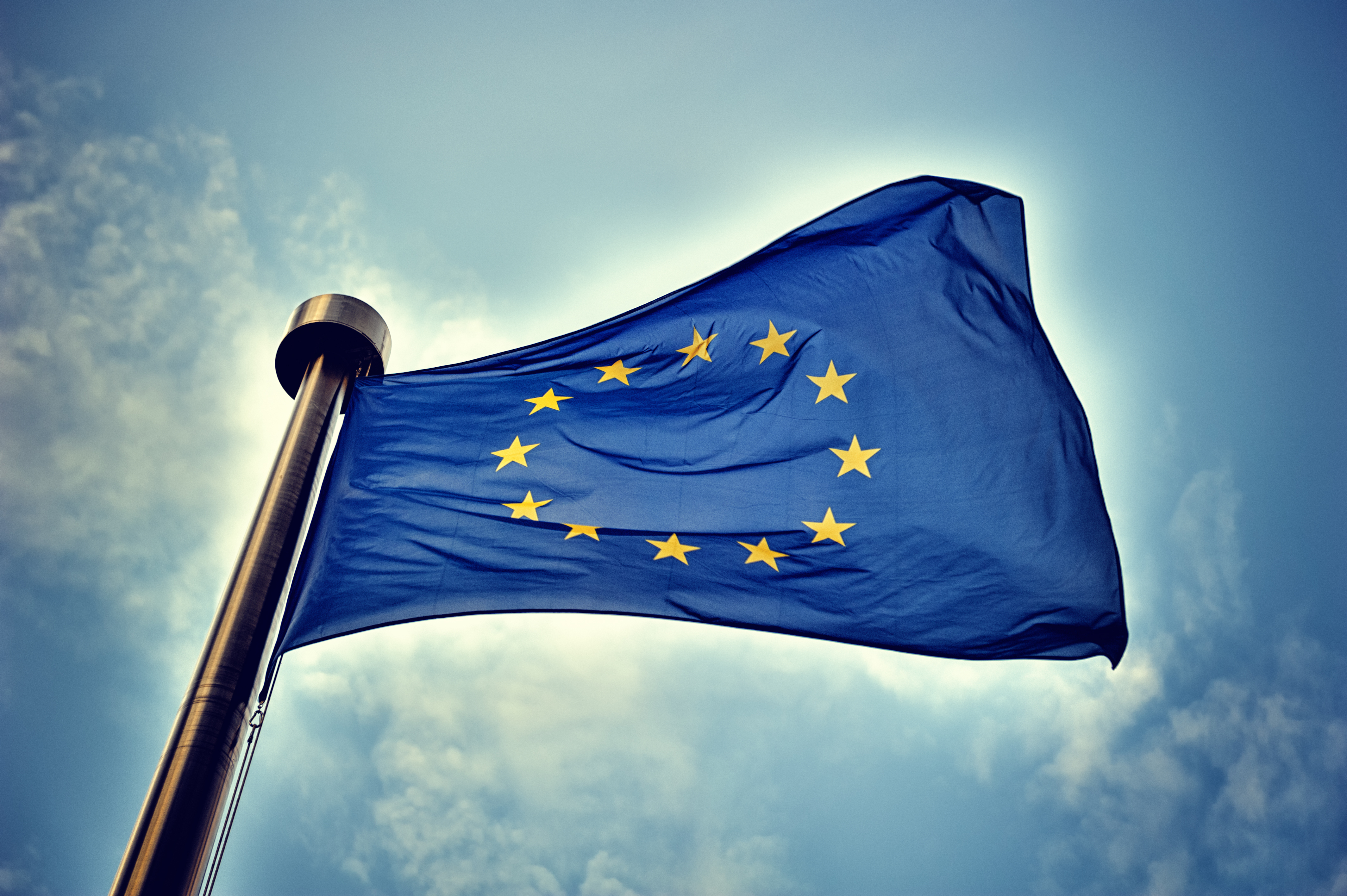There he is, Nigel Farage, the Brexit Party leader, doused in milkshake. And he’s not alone in his predicament; in recent weeks several of Nigel’s hard Brexit leaning contemporaries have been on the receiving end of a well-aimed, milky splatter. These incidents have sparked a healthy debate about what constitutes acceptable behaviour towards politicians in a democratic society, with much talk of the ‘radicalised Remainer’ attacks in the tabloids. Generally, throwing things at a person with whom you disagree politically is not ok. There are better ways of fighting the political forces you dislike, and one of these is using accurate and powerful language. The right wing, and Brexiters especially, have embraced emotive terms such as “snowflakes”. Perhaps it is time to develop some catchy Remainer expressions.
For Brexit supporters, the label “snowflake” has become an insult of choice to describe Remainers or anyone who opposes their beliefs. Calling somebody a snowflake implies they are easily offended, unable to deal with an opposing opinion, and moreover, they have an inflated sense of entitlement and uniqueness. All fairly negative character traits that help to invalidate said snowflake’s opinion or criticisms. The term snowflake is intentionally derogatory and dismissive. As soon as it is invoked, the snowflake does not need to be listened to. It is a useful term for the centre right and far right, providing an easy reference point that everybody understands.
Unfortunately for some, the snowflakes are here to stay. But now ladies and gentlemen, it’s time for the “milkshakes”. “Milkshakes” are well-to-do (predominantly white male) politicians who use populist language to appeal to the general public. They are also full of delicious contradictions. Just like real milkshakes, they are awfully tempting. Some might even appear or claim to be good for you. At face value, the individual ingredients aren’t that bad and might even be healthy, because there’s nothing wrong with some fruit or milk, or with a bit of patriotism or healthy scepticism about the elites. But it is a lack of moderation and the combination of elements that makes these milkshakes so potent and bad for your health. The populism ingredient slowly poisons the body politic, making all other political messages seem bland and unsatisfactory, and much less exciting. The milkshakes give their audiences an exciting sugar rush and instant gratification.
Just like real milkshakes, the human milkshakes have different flavours. For example, Boris Johnson is a nutty milkshake. One that at first glance seems quite a safe, somewhat healthy and middle-of-the road choice, but then turns out to be full of inflated numbers and false health claims, as when Johnson repeatedly claimed that the UK sent £350m a week to Brussels and that this could be used to fund the NHS instead. Or when Johnson called Theresa May’s post-Brexit customs partnership plan “crazy”, while he himself has a long list of very strange quotes that could easily be described as crazy, if one was inclined to use such terminology.
Nigel Farage, the leader of the Brexit Party, is more of a banana milkshake, one with a strong, overwhelming single anti-EU flavour. Farage the milkshake often changes its packaging to appeal to consumers, but the contents remain the same. The production funding itself is frequently mired in controversy, with questions about possibly illegal donations.
Some are real freakshakes or extreme versions of milkshakes, full of dangerous levels of calories and sugar that are just plain bad for you. Tommy Robinson, the far-right activist, falls into this category. His strategy of inciting hatred and promoting division has extremely negative long-term effects on the health of communities. The consumers of a “Tommy Robinson freakshake” feel incredibly good while devouring his messages of islamophobia and xenophobia, enjoying immediate gratification as their anger and resentment feels justified. Tommy Robinson is the kind of milkshake that you order knowing that you shouldn’t. But you do it anyway, because you want to rebel against the need to always be healthy or ‘politically correct’, even if you know deep down that there is something spiteful and wrong with that, and that it only ends up harming you.
Ironically, when confronted by opponents, the milkshakes often demand to be treated with the same values advocated by those they regularly castigate – the snowflakes. Yet they could never admit that they are just as easily offended, their egos tremendously fragile. The US president Donald Trump has been particularly thin-skinned about any criticisms, resorting to Twitter to lambast anyone who has dared to offend him. Nigel Farage seems to have followed suite. After an interview with the BBC during which he was asked questions he disliked, Farage called the BBC “the enemy”. All he was asked was to do was to confirm his own past statements.
Milkshakes are who they are, it is their nature and they cannot be helped. But it is important not to dismiss them outright, the way they dismiss the snowflakes. We have a lot to learn about ourselves by examining them more closely and striving to understand and challenge their great appeal – just being aware of their negative effects on our health is not enough. Because at one point or another, we’ve all been tempted by something like a delicious milkshake, something that offers immediate satisfaction. The trick will be to teach ourselves and others how to resist these simple temptations, and how to rid ourselves of their negative effects on our body politic.
About the author
Linda Zeilina works for RE-DEFINE in London, focussing on sustainability and technology

